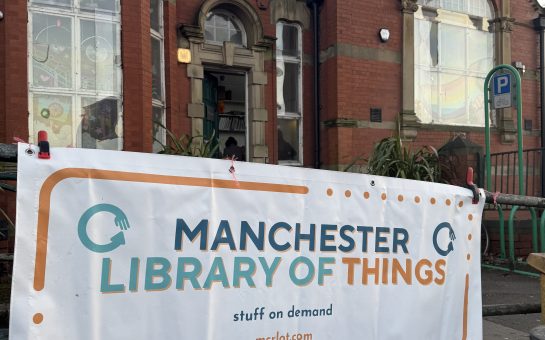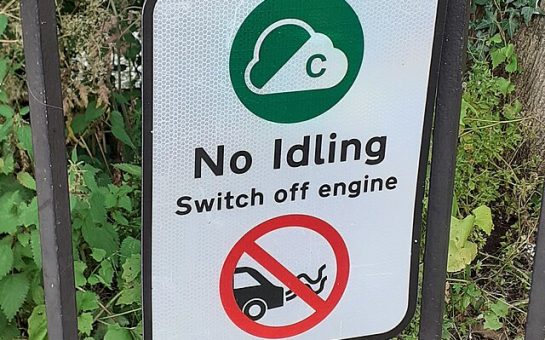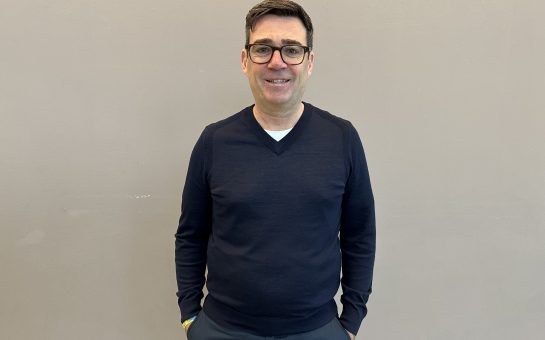Rubbish. Waste. Garbage. Trash.
It’s not sexy, but we have a hell of a lot of it.
So much in fact, that according to the Guardian, the UK is the 2nd biggest producer of plastic per person in the world, beaten only by the US.
In 2018, the government itself estimated that the UK uses 5 billion tonnes of plastic each year – that’s enough plastic to fill Wembley Stadium five times over.
For those Greater Manchester residents looking to reduce their household waste, in particular plastic, the growing number of waste-free shops popping up across the region provide a good alternative.
The shops in the above map all offer waste-free goods: they sell dried foods such as grains and spices, toiletries including period products and cleaning products, all with no or limited packaging.
Many utilise a refill model where customers bring their own containers to the shop to fill up with the product they need.
View this post on Instagram
Mancunian Matters visited Lentils and Lather, a waste-free shop in Withington, to find out more.
However councils across the UK have been collecting household recycling since as far back as 2003 (thanks to the Household Recycling Act), so why is there a need for waste-free shops like Lentils and Lather?
Well, a new investigation from Greenpeace suggests that disposing of plastic via our council recycling schemes is somewhat of a red herring in dealing with the UK’s plastic problem.
According to a Greenpeace report, less than 10% of the household plastic gets recycled here in the UK and a staggering 58% is exported to Turkey, Malaysia and Poland – where it overwhelms the country’s own recycling system.
Greenpeace’s investigation – conducted in March this year – revealed that the UK’s plastic ‘recycling’ was being illegally dumped and burned across sites in South Turkey.
Those that are unfortunate enough to live next to these piles of burning plastic have complained about respiratory issues and are concerned that these hazards are causing higher rates of cancer, the investigation shows.
Made with Visme Infographic Maker
The situation is not without hope though, Greenpeace estimate that if the UK were to reduce our single-use plastic by 50%, we could stop plastic waste exports.
We could stop dumping our rubbish on other countries.
Meanwhile on a local level, Greater Manchester councils limit what plastic packaging their residents can recycle in their waste collections.
In short, only plastic bottles can make it in to the brown bins, but obviously the average household produces more plastic waste than bottles alone.
Thus, they too advise that the best way to deal with plastic waste is to reduce packaging in the first place.
Therefore, while Greenpeace presses the government and huge corporations to do more to cut out single-use plastics, waste-free shops are crucial alternatives for people wanting to reduce their plastic waste right now.
Feature photo credit: Caner Ozkan / Greenpeace



